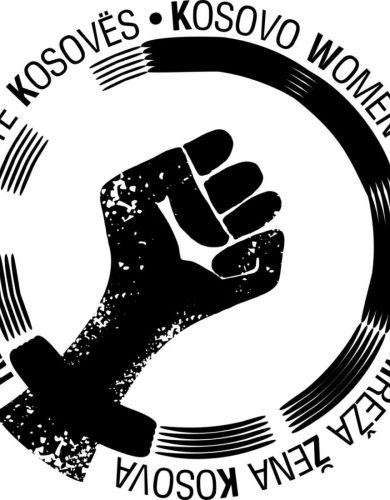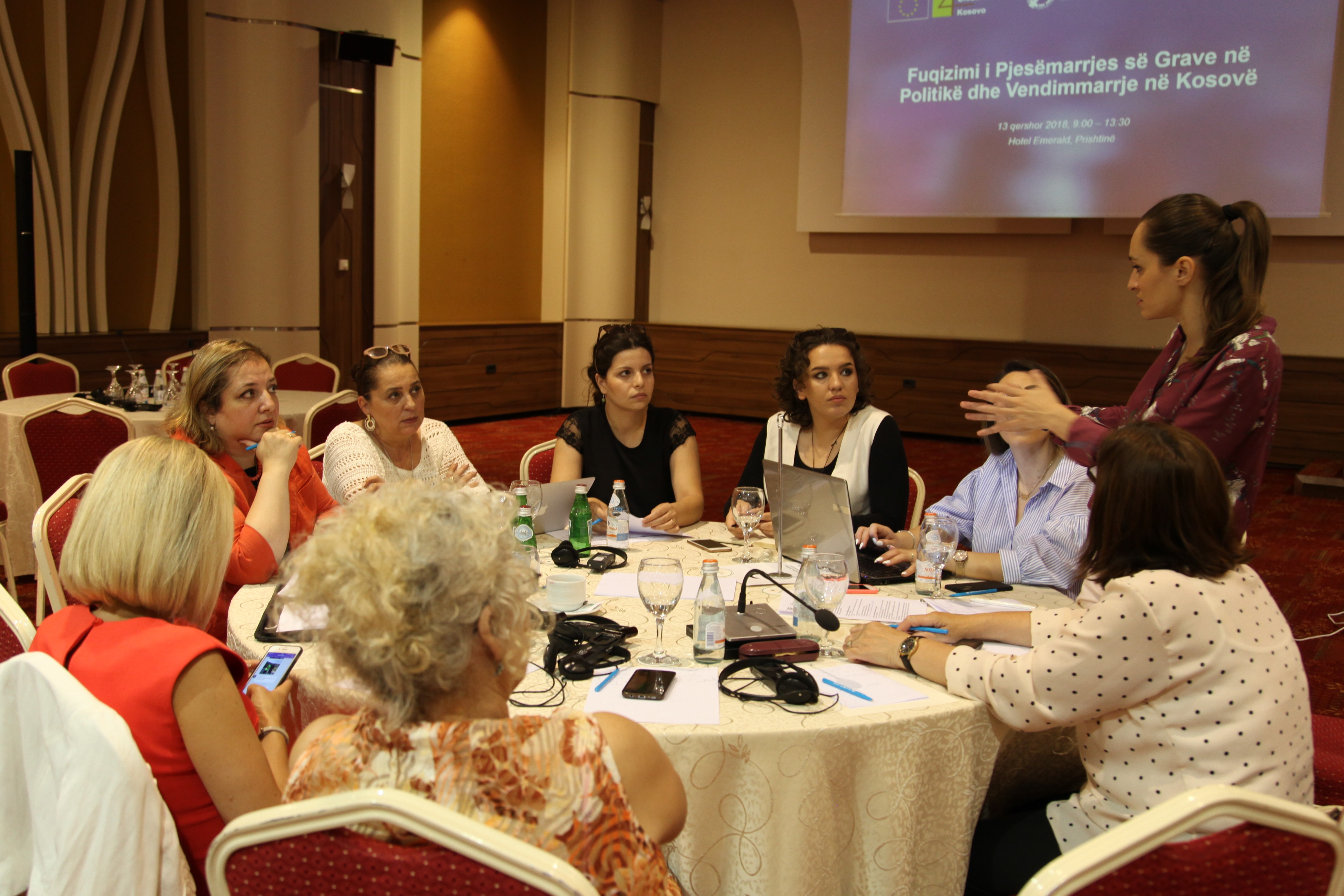
The Problem
Extensive evidence shows that gender roles and stereotypes, shaped from an early age, contribute to inequality and gender-based violence. Despite recent revisions, educational curricula continue to reinforce these harmful norms. Few youths learn about issues related to sexuality and sexual and reproductive health (SRHR) at school. Nor do they learn about using contraceptives. While curriculum exists, research shows that teachers regularly bypass reproductive health education, partly due to cultural norms, but also insufficient training. This can increase the rate of abortions as well as sexually transmitted diseases. Women’s CSOs have worked to raise awareness of such diseases among youth and marginalized groups. However, a more institutionalized approach is needed.
KWN’s Strategy
Improving access to quality education that challenges existing gender norms and power relations, realized through:
- Recommendations exist and are sent to relevant actors for improving teaching by teachers and curricula;
- Institutions and teachers are more responsible for transforming gender norms while teaching sexual education in schools;
- More girls, women, boys, and men aware of gender norms and feminism and reached through KWN PR materials.
Main Activities
- Monitor the curricula review process from a gender perspective and offer offer recommendations for changing institutions’ curricula towards reducing gender inequalities, transforming gender roles, and changing gender norms and power relations;
- Advocate for the review and revision of current texts – including University educational law texts – to better promote gender equality and access to justice for women. Where possible, this will include also education related to climate change and environmental protection;
- In collaboration with member organizations, monitor the quality and distribution of sexual education, and advocate for improving this education;
- Continue formal and informal education through schools, outreach efforts, demonstrations, and social media campaigns.
Our Achievements
- Published “Integrating Gender-transformative Approaches in Early Education Curricula and Pedagogy” with recommendations for improving the quality of early education based on best international practice;
- Reviewed four curricula, addressing discriminatory social norms and gender stereotypes in learning materials;
- Analysed eight schoolbooks to address gender biases and trained 22 teachers;
- Observed 17 schools and undertook four advocacy initiatives towards improving curricula and teaching methods from a gender perspective;
- Activists observed school facilities and teachers’ teaching methods in 78 subjects since 2023.

